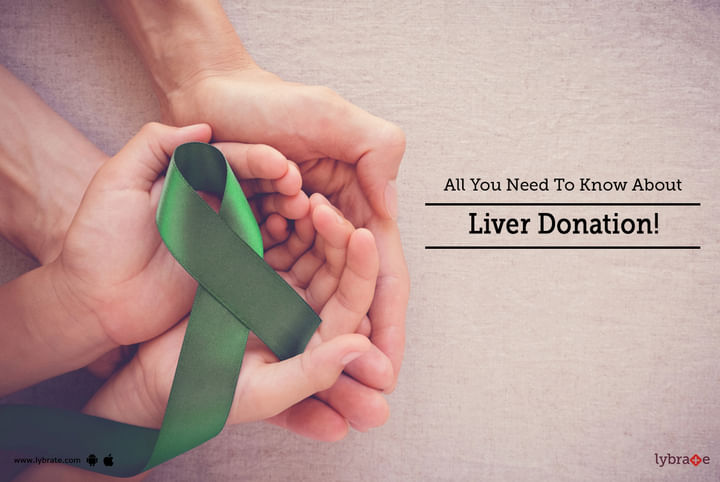All You Need To Know About Liver Donation!
Recently, there has been a great push for organ donation. It can save and transform lives. That is why more and more people are being urged to sign up for this noble cause.
You may have heard of liver donation. But many people do not know that you can be part of liver donation while you are alive. You will be called a ‘living liver donor’. This is a fascinating concept. Read on to know all about liver donation which should also convince you to consider helping out a person with liver failure.
-
Your whole liver will not be taken - You only have one liver and you need it to survive. So only a chunk (maximum 60%) will be amputated and transplanted to another person. Your liver will grow back. The liver is unique. No other visceral organ can regenerate. In about 6 months both your and the person who received a portion of your liver will have fully developed and fully-functional livers.
-
Liver donation will not harm you - You will get to donate your liver after doctors have confirmed that you are completely healthy so that complications do not develop after the surgery. Tests such as imaging of the liver, blood and urine tests, colonoscopy, ECG, Pap smear and mammogram will be conducted before doctors give you the go-ahead. You will be kept under observation at the hospital to make sure there are no complications.
-
You can donate to anyone - A common misconception is that people can donate liver only to their family members. But you don’t have to be related by blood for the transplant surgery to be successful.
-
Compatibility - You can only donate a lobe of your own liver to someone who is of the same blood group as you. O groups can donate to anyone. Also, the donor and the recipient need to be approximately the same body size.
-
You can have children - Many people think that they will not be able to have children after liver donation. But donating a liver does not trigger infertility. If you are a woman, you should wait at least a year before you try to conceive to give your liver enough time to recover.
-
Living liver donations save valuable time - People with extensive liver failure do not have much time on their hands. Waiting for a donation from a deceased person could be fatal. But if someone from the patient’s friend or family circle steps forward to immediately donate a liver lobe, it could be a life-saver.
Recovery is speedy
As a donor, you will need almost 2 months to be back on your feet. During this time, you are expected to relax completely and avoid movement as much as possible. Working from home would be preferable. There might be some pain but you will be prescribed painkillers and antibiotics (to prevent infection). Make sure you don’t lift anything heavy.
Liver donation is your way to save someone’s life during your lifetime. So if anyone you know is suffering a severe liver disease, check if you can be of help as a donor.



+1.svg)
